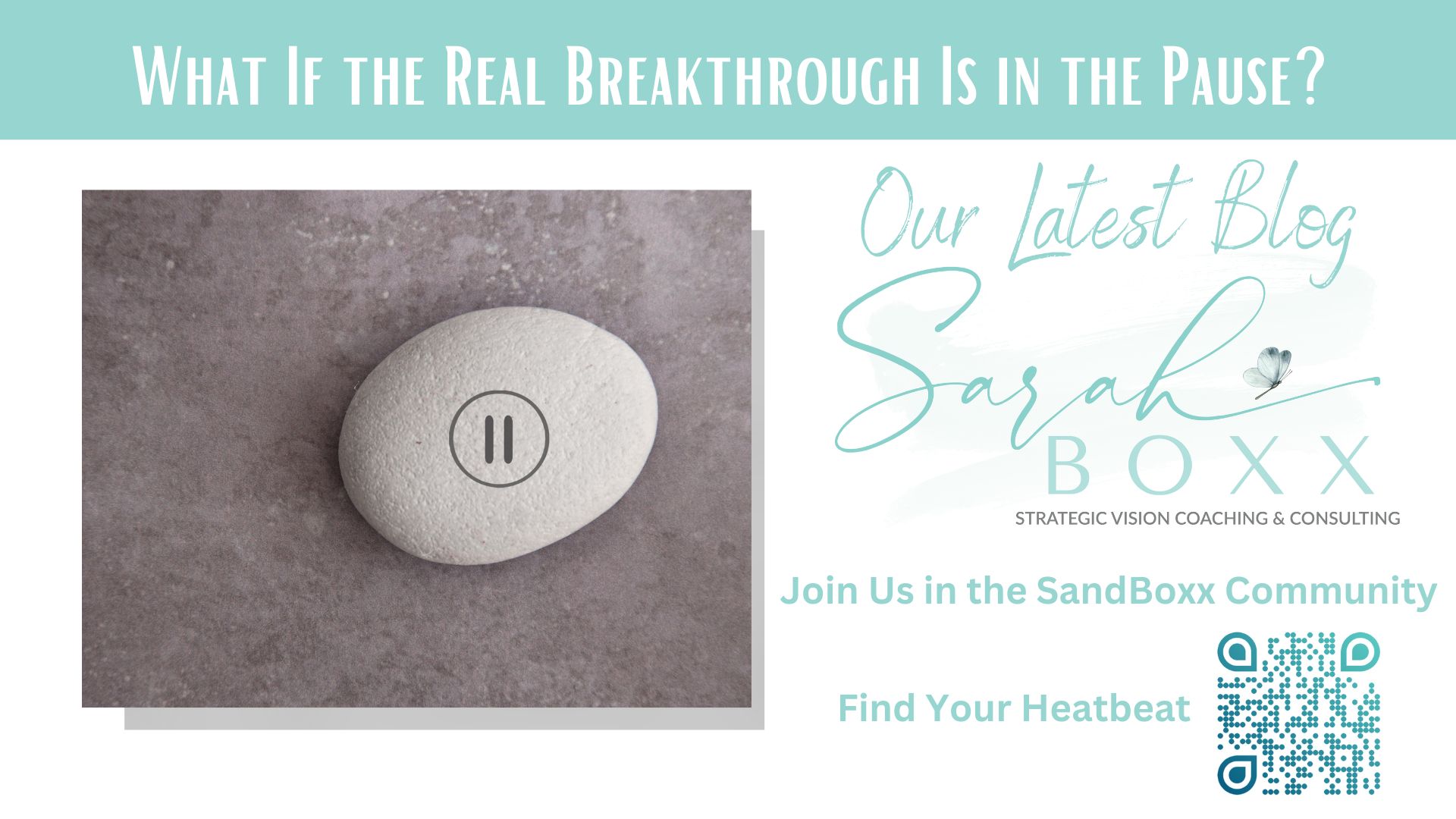Emotions are a powerful force to be reckoned with. Advertisers and entertainers and artists know this. They bank their careers on it. Emotions take us beyond the tasks of daily life and create meaning. They bring color and texture to our lives – taking us from jubilation to sorrow, excitement to resentment, contentment to need.
We need to understand that our emotions are messages. Though not always messages that we like, our feelings tell us a lot about what matters to us: what we like and dislike, what we care about or fear, what makes us happy and what makes us sad. In this way, our emotions inform our decision-making processes. We make many decisions in any given week – some more weighty than others. We are more or less logical about most of them. And, yet, it is arguable that all decisions are, ultimately, emotional.
An interesting bit of research by Neuroscientist Antonio Damasio underscores this reality. Damasio studied people who had received brain injuries where there was damage to that part of the brain where emotions are generated. In all other respects, they seemed normal – they just lost the ability to feel emotions. The interesting thing he found was that their ability to make decisions was seriously impaired. They could logically describe what needed done. But, in practice, they found it very difficult to make decisions about where to live, what to eat, etc. In particular, they struggled with the decisions that had pros and cons on both sides. For instance, shall I have the fish or the beef? With no rational way to decide, they were unable to make the decision.
So, your emotions are more necessary to your decision-making than you might like to admit. We’d like to think that all of our decisions are rational and logical. But instead of pitting logic and emotion against each other in a rational vs. emotional perspective, we can recognize that there are positives as well as negative effects of involving emotion in our decision-making. If we recognize them and factor them into our decision-making process, our emotions can actually bring some good data into our decision-making process. In fact, neuroimaging shows that when we write emotions down, we lessen their intensity. This not only mellows your own emotions, but also tempers your reaction to other people’s emotions. That’s perfect for better decision making.
Here are some of the positives that emotions can bring into the mix as you make decisions:
- Emotions might provide a way for coding experience. This give credence to why expert’s “gut” level decisions have high accuracy rates.
- Emotions are possible signals from the subconscious that provide information about what we really choose.
- Decisions that start with logic may need emotions to enable the final selection, particularly when both options are viable possibilities.
- Emotions often drive us in directions conflicting with self-interest.
The takaway here? Don’t shun your emotions when you’re making big decisions. Simply factor them into the process. your instincts can often provide a very valuable gut check against the other inputs. Your intuitive emotions can contribute to the process and even be refined and improved as you write things down. It’s all part of the process of becoming discerning.
Are you in the midst of a big decision? We’ve included this worksheet matrix to help you get your thoughts down on paper and quantify some of the bigger factors. It can be a helpful step even in factoring your emotions. Enjoy.




